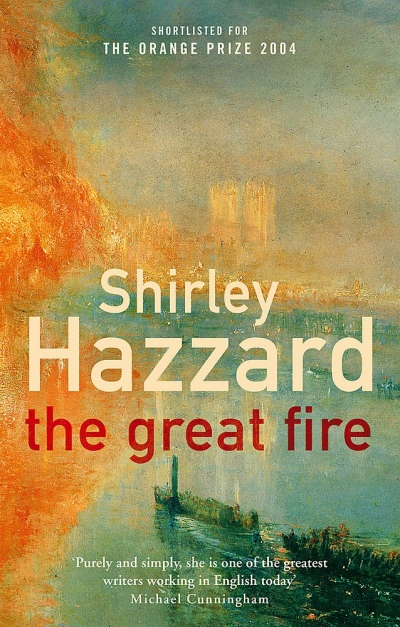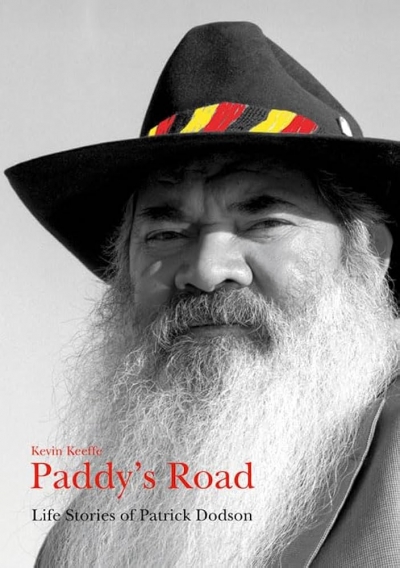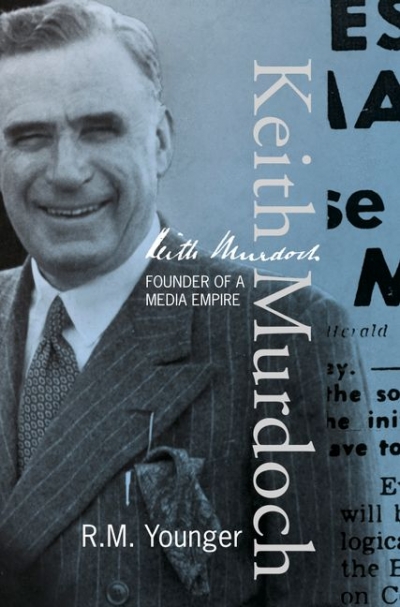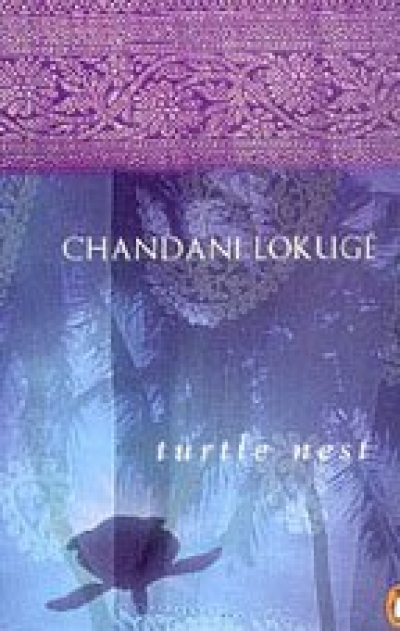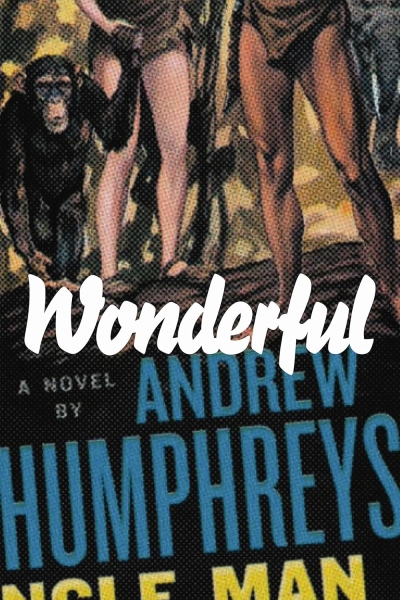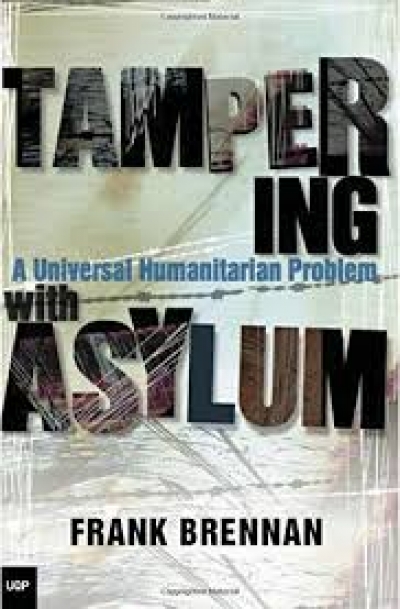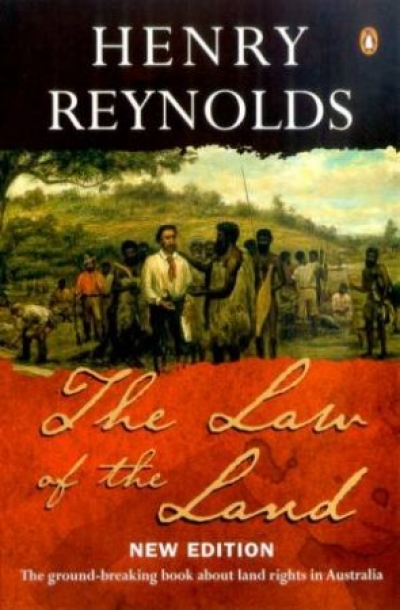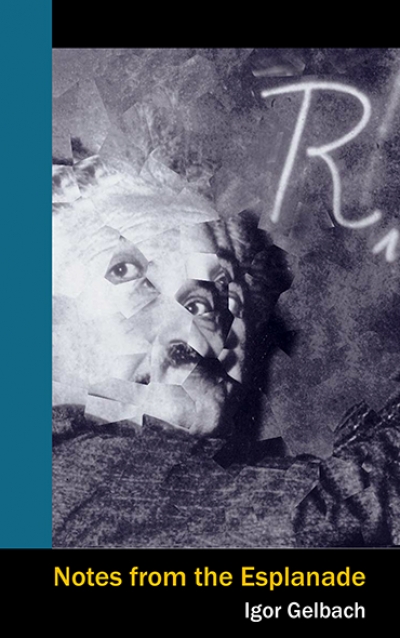Archive
The Best Australian Essays 2003 edited by Peter Craven
Paddy's Road: Life stories of Patrick Dodson edited by Kevin Keeffe
Keith Murdoch: Founder of a Media Empire by Ronald M. Younger
Tampering with Asylum by Frank Brennan & From Nothing to Zero by Julian Burnside
La Trobe University Essay ‘Rupert Murdoch and the Culture War’ by David McKnight
Rupert Murdoch founded The Australian in 1964 as a bold statement or his belief that this country needed a quality national daily newspaper. His action was based on a nation-building vision that he shared with the leader or the Country Party, John McEwen, who deeply influenced him at that time.
For twenty years, The Australian lost money, a strange anomaly in the life of its ruthlessly commercial owner. In a 1994 address to the free-market thinktank, the Centre for Independent Studies, Murdoch mentioned these losses but argued that some things were more important than short-term profits – ideas in society. He went on to quote John Maynard Keynes’s famous lines about the significance of political and philosophical ideas to men who regarded themselves as supremely practical. In the media business, ‘we are all ruled by ideas’, Murdoch added.
... (read more)
